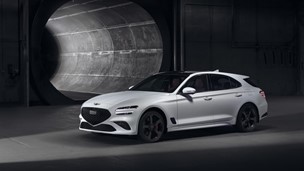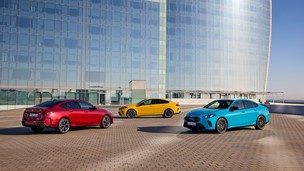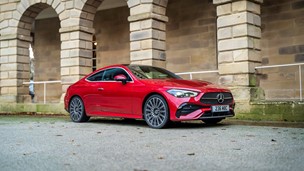The Renault ZOE is arguably the closest thing we have right now to a mainstream electric car.
If you were to show this car to someone who knew absolutely nothing about it, they’d be forgiven for thinking it was just a conventional supermini along the likes of the Ford Fiesta and Renault Clio, and the ZOE is in fact based on the latter.
But travel range is one of the hot topics which is still giving some motorists reservations about going electric, which is why Renault has updated its ZOE with a new 40kwh battery.
Used in all but the standard trim ZOE and with two electric motors with separate power outputs, the new 40kWh battery expands the Renault’s official total travel range from 130 miles to 250 miles.
Renault do concede however that the real-world range is likely to be around 120 and 180 miles at max, depending on weather conditions and driving style.
180 miles is still a significant improvement on the ZOE’s prior range, but is that really achievable? And does the rest of the ZOE’s package (which hasn’t changed a great deal) add up to an enticing prospect?
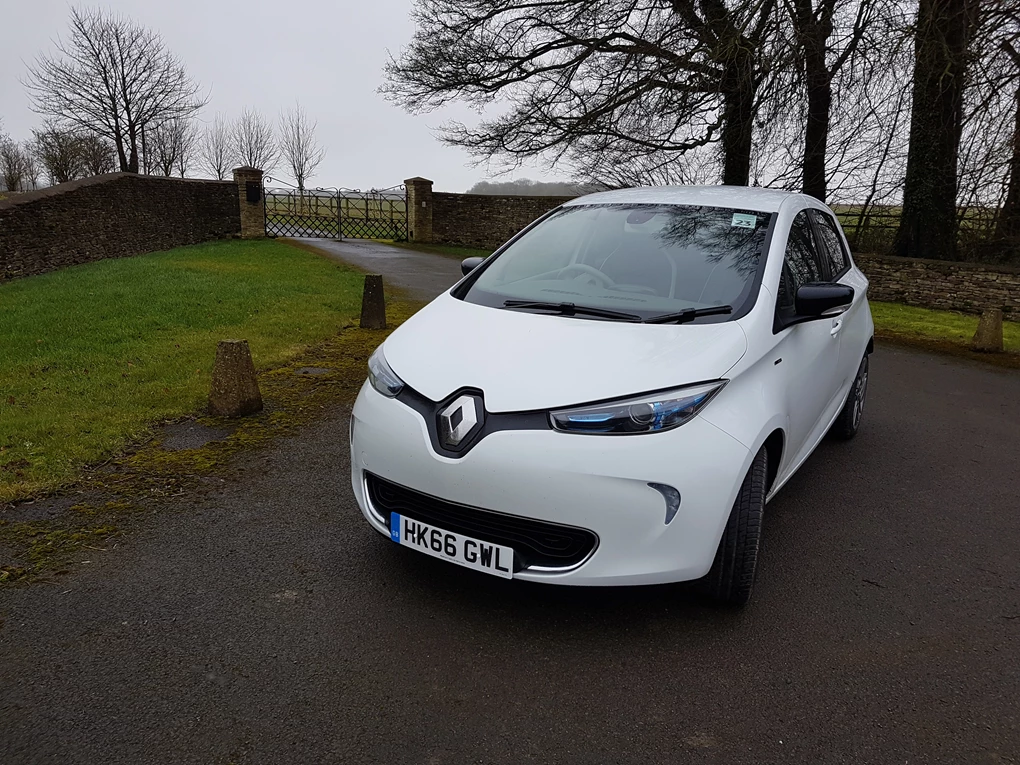
Performance
With the new 40kWh battery onboard, the Renault ZOE is available with two power outputs from its electric motor. The Q90 models have 87bhp while R90 models like the one we tested have 91bhp. Torque for both versions peaks at 220Nm and since this is an electric car, all that torque can come instantly when you floor it from a standstill.
The pace-related figures aren’t exactly spectacular on paper. The ZOE R90 takes 13.5 seconds to sprint from zero to 62mph and the top speed is 84mph. It’s far from quick then, but it doesn’t feel sluggish when you’re behind the wheel.
Thanks to that instant torque and seamless automatic gearbox, it builds up speed in a respectable manner with little effort. Also, the burst of acceleration offered from the electric motor is handy for nipping through city roads or escaping swiftly out of junctions.
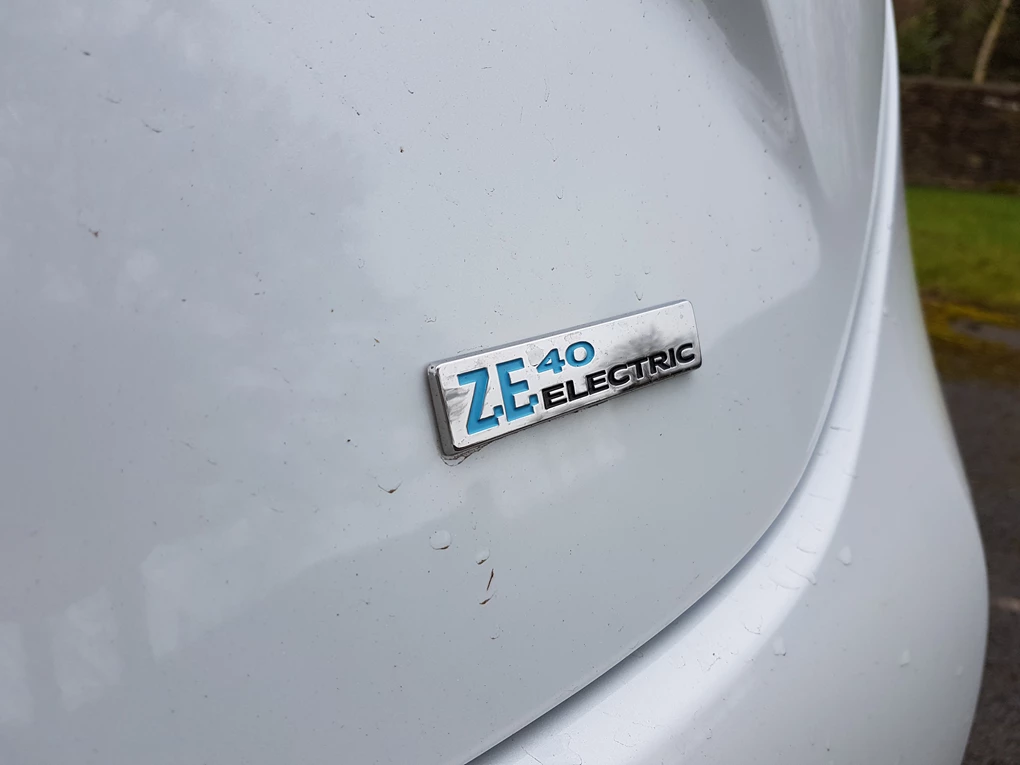
Ride and Handling
While the likes of the Ford Fiesta and Volkswagen Polo are far better superminis to drive, the ZOE’s drive will likely prove adequate for city dwellers.
As well as having a straightforward stop-or-go style gearbox, the ZOE also has light steering which makes it a really easy car to drive. This steering doesn’t offer a whole lot of feel, however, and there’s a fair amount of body roll too, so you’ll be discouraged from driving much on countryside roads. But the ZOE does feel suitably set up for driving through the sort of urban environments you are likely to spend the vast majority of time within. While the likes of the Ford Fiesta and Volkswagen Polo are far better superminis to drive, the ZOE’s drive will likely prove adequate for city dwellers.
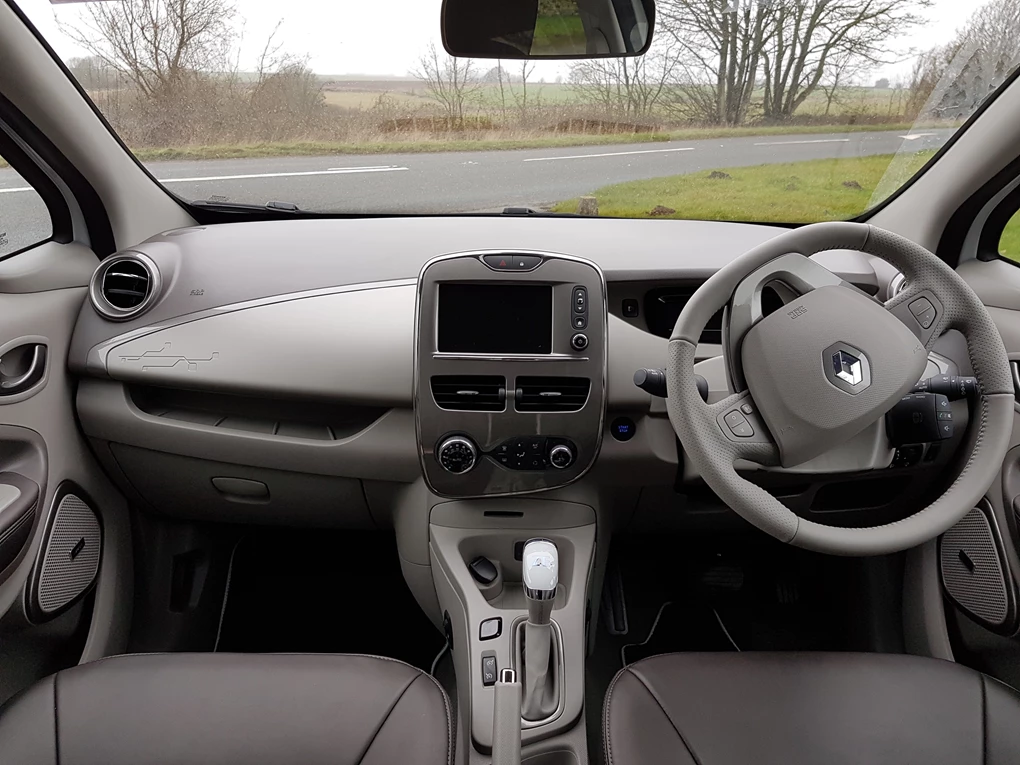
Interior and Equipment
Parents of two girls called Zoe Renault tried to block the manufacturer Renault from naming a car ZOE because of claims it would lead to mocking jibes. The case was dismissed by a French judge.
While the layout and buttons of the ZOE’s interior are similar to what you would find in any modern-day, conventional-run supermini, the brightly-coloured finish to the trims as standard does give it a distinct yet still professional-looking vibe. If you want something even more like other supermini cabins though, you can now get the ZOE’s interior finished in a much darker grey as an option. Also part of 2017 updates for the ZOE are three new exterior paint finishes. The inside of the Renault ZOE is one of the most practical out of all the superminis currently available. There’s a relatively decent amount of head and legroom for both front and rear passengers and the standard boot capacity of 338 litres is impressive. That figure comfortably surpasses the likes of the Fiesta, Polo and Corsa and even beats the Renault Clio. There are three trim levels for the ZOE – Expression Nav, Dynamique Nav and Signature Nav – and even the standard Expression models come well-equipped. The list of kit includes automatic climate control, Bluetooth and USB connectivity and the R-Link multimedia system with a touchscreen and integrated TomTom sat-nav. Go for a range-topping Signature model like our test car and you also get the likes of rear parking sensors, a rear parking camera, part leather upholstery and a BOSE 3D sound system.
Cost
Annual mileage is restricted with the leased battery, set at 7,500 if you have the £70 per month deal or 12,000 miles if you’re willing to pay £113 per month.
When it first launched, customers of the ZOE had no choice but to lease the car’s battery for at least £70 per month, which isn’t that cheap. But nowadays you can purchase both the car and its battery outright, although that does add £5,000 to the purchase price even with the Government’s plug-in car grant included. Renault says though that despite that choice nowadays, the vast majority of ZOE customers prefer to lease the battery, likely because the battery will always be under warranty should anything go wrong with it. Annual mileage is restricted though with the leased battery, set at 7,500 if you have the £70 per month deal or 12,000 miles if you’re willing to pay £113 per month. But of course, there are zero emissions, meaning free Vehicle Excise Duty, so if you use the ZOE strictly for short urban trips, the running costs will be very low indeed. Including that same grant, the ZOE starts from £13,995 with a leased battery or £18,995 with the battery bought. The former price is impressively on par with conventionally-run superminis. The range-topping Signature Nav starts at £19,895 or £25,495 with a purchased battery. But unless you’re really keen to add parking aids, we’d say the Expression trim was already well-equipped enough to satisfy virtually anyone interested in this car. What sort of mileage you get from the ZOE depends a lot on driving style and your use of onboard kit. If you drive conservatively, then you can get a figure within Renault’s real-world estimate of 120 to 180 miles (or possibly even better). Drive enthusiastically though or use the air-con a lot and expect the range to plummet. With the more powerful battery onboard, the ZOE takes six to seven hours to fully charge from a conventional charger. You can get 80 per cent charge in the R90 model in one hour and 40 minutes with a fast charger. The Dynamique and Signature trims also have a Q90 spec available (costing £750-£900 more than the R90) which can be fast charged to 80 per cent in 65 minutes.
Our Verdict
The Renault ZOE is a likeable, easy-to-use electric car which is now more flexible travel-wise with the new 40kWh battery extending the range. It is still pretty limited in terms of mileage and driving dynamics compared to the more established names in the supermini segment, but not much in its class can rival the Renault for practicality or standard kit. The thing about the ZOE is that if you figure out the spec that works for you cost-wise, and you use it for the sort of driving it was meant for - predominantly commuting within cities - then it does a decent job. Anyone then looking for a small yet practical urban cruiser should definitely give the ZOE a closer look.


